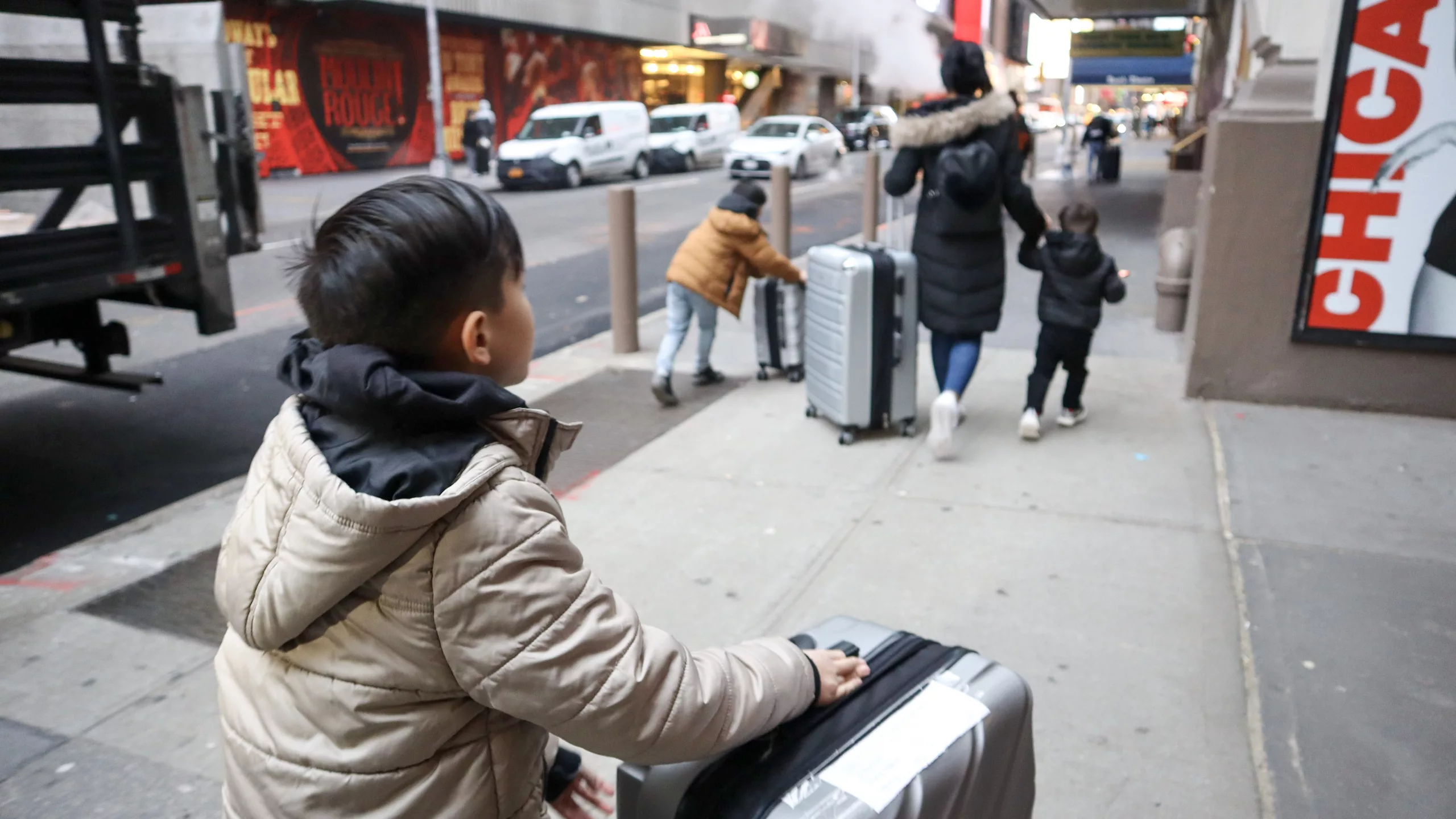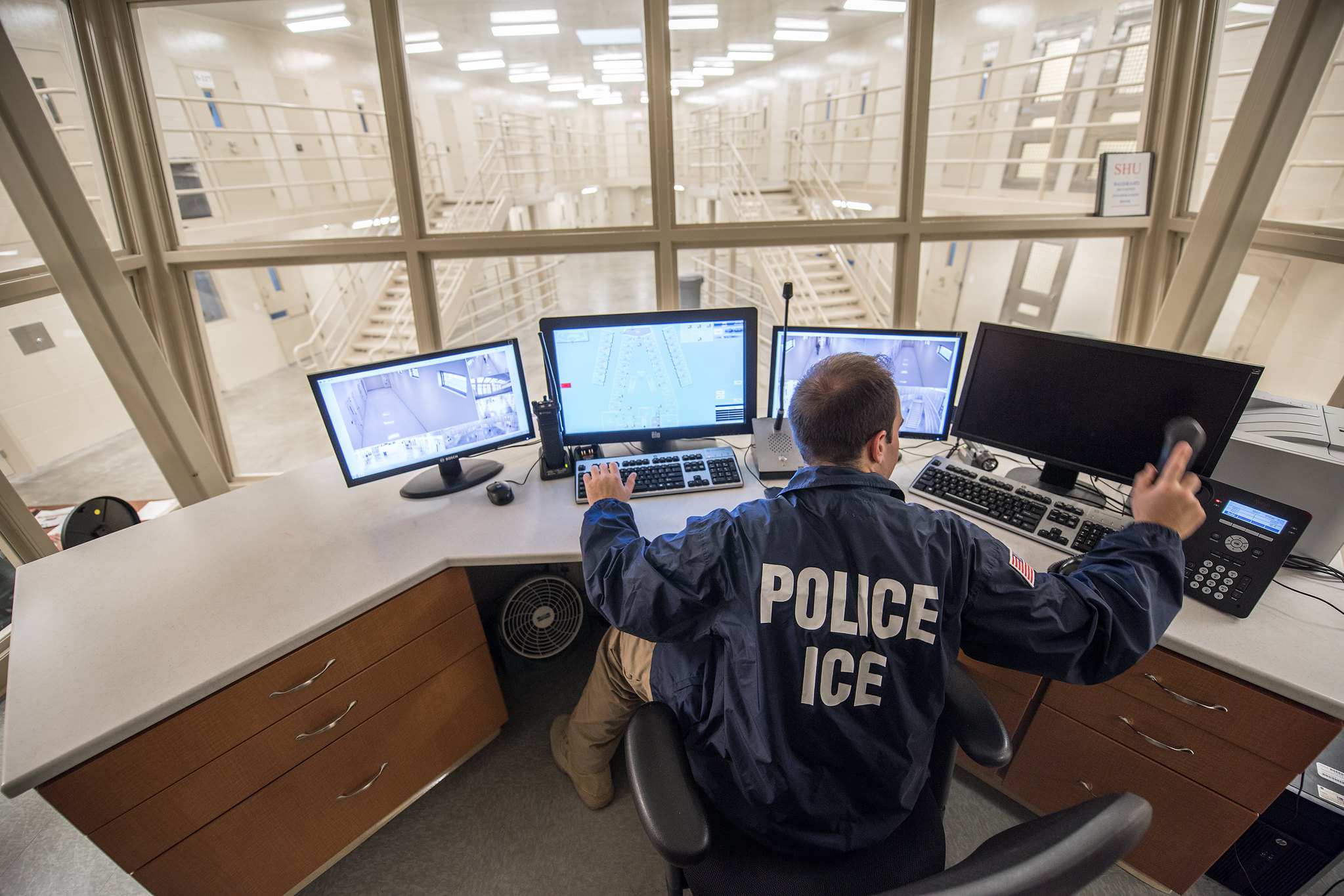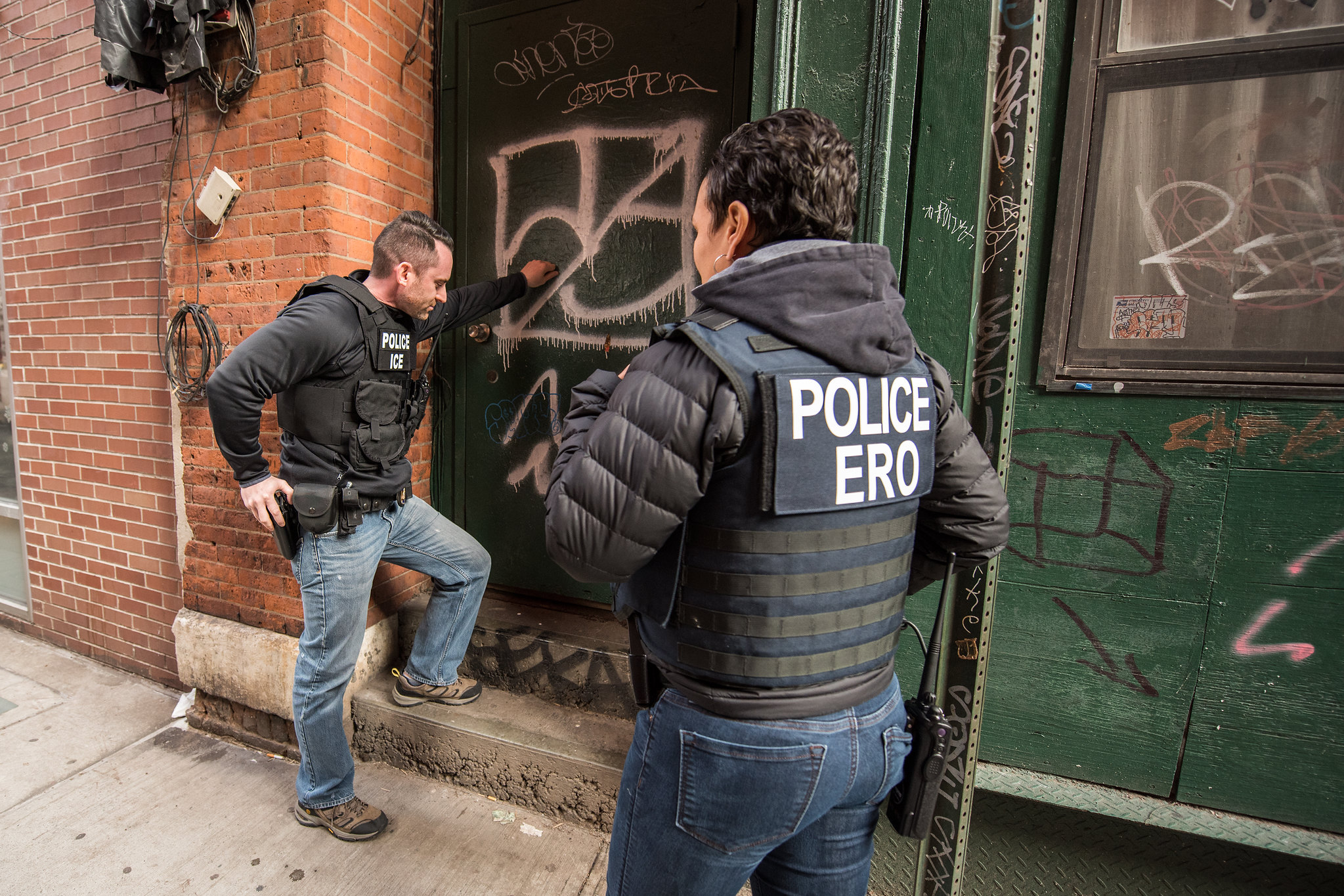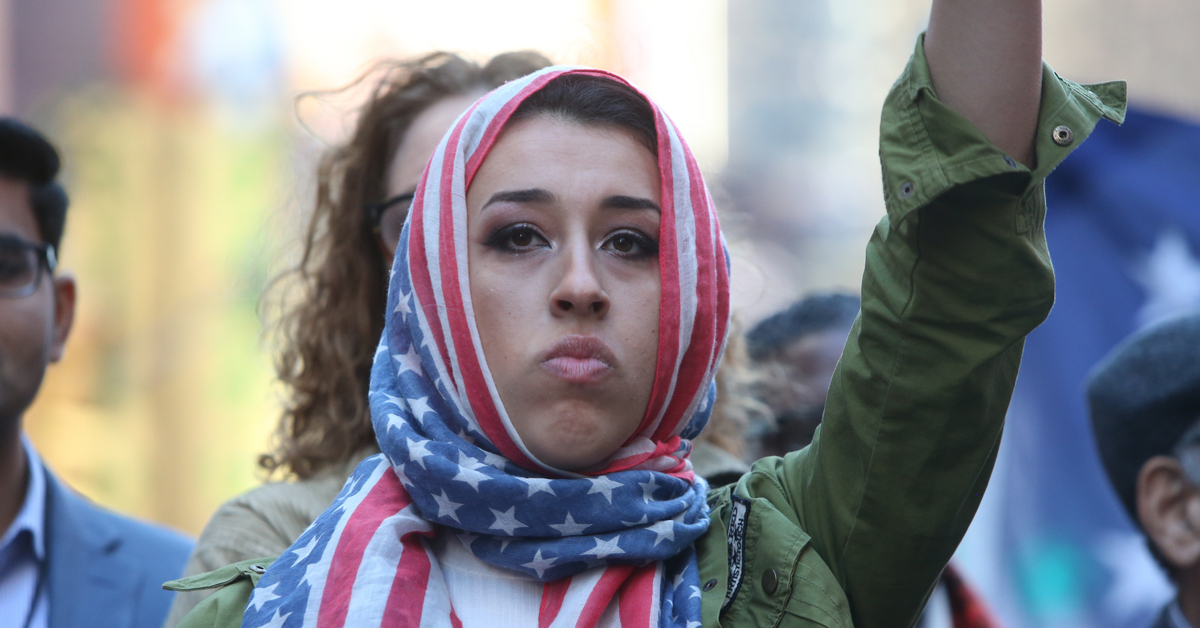The Trump administration announced more measures on Thursday rolling back immigration protections, which will affect immigrants and unaccompanied immigrant children across multiple programs. Here’s what we know has been cut so far.
Termination of Temporary Protected Status (TPS) for Haitians
A recent memo from the Department of Homeland Security (DHS) revealed plans to terminate Temporary Protected Status (TPS) for Haitian immigrants in August, six months earlier than previously scheduled. Up to 500,000 Haitians who either crossed the border illegally or entered under a Biden-era humanitarian parole program will lose work permits and deportation protections. The move is expected to face legal challenges, with advocacy groups arguing that it lacks proper justification.
Suspension of immigration applications for migrants under Biden-era parole programs
The administration has halted applications for several Biden-era parole programs, including Uniting for Ukraine, the CHNV program (Cuba, Haiti, Nicaragua, Venezuela), and family reunification processes for Colombians, Ecuadorians, Haitians, and Cubans. USCIS cited concerns over fraud, including reports of “serial sponsors” and migrants using fake addresses. The suspension puts thousands of migrants at risk of deportation and blocks them from applying for asylum, permanent residency, or work authorization.
End of legal aid for migrant children
The Trump administration has terminated a program providing legal aid to unaccompanied migrant children, leaving over 26,000 children without legal representation in immigration court. The Acacia Center for Justice, which previously held a $200 million contract to assist these minors, has been forced to stop operations. The decision has raised concerns about due process violations and the potential for children, some as young as two, to be deported without proper legal assistance.
Refugee resettlement still in jeopardy
The federal government continues to not reimburse refugee resettlement organizations for the work they have done since late 2024.
Since Trump suspended refugee resettlement programs, including the U.S. Refugee Admissions Program (USRAP) and Welcome Corps, one of the most pressing questions has been how the 90-day critical support period for refugees will be impacted, especially for refugees who were still in their first 90 days with resettlement groups when Trump’s order took effect. The Stop Work order has severely impacted Church World Service (CWS), Integrated Refugee & Immigrant Services (IRIS), Catholic Charities of New York, CAMBA, HIAS, and many other organizations responsible for assisting newly arrived refugees.
Catholic Charities of New York has about 25 clients who arrived in the first quarter of 2025. They said only one family was outside of the 90-day support period, and the remaining 24 were affected by Trump’s suspension. Similarly, before the executive order was announced, Church World Service received its last client at its New York site on Jan. 17. Like many organizations that have made a commitment to help newly arrived refugees, they are serving clients who have not yet reached their 90-day resettlement period. For CWS, that’s roughly 4,000 people, whom they received between Oct. 1 and Jan. 17. The U.S. Conference of Catholic Bishops (USCCB) filed a lawsuit this week challenging the government’s unlawful suspension of funding for its refugee admissions program
Legal and humanitarian concerns
“If this act is not blocked in court, as much as half a million people will lose their jobs in a single day in August,” Aaron Reichlin-Melnick, Senior Fellow at American Immigration Council, said on X.
Like him, many experts and critics argue these sweeping immigration rollbacks violate humanitarian principles and will disrupt thousands of lives, particularly those of asylum seekers, refugees, and unaccompanied minors. Advocacy groups are preparing legal challenges questioning the legality of revoking protections and whether these actions are motivated by racial or political bias.
With court battles looming, the fate of hundreds of thousands of immigrants remains uncertain.















